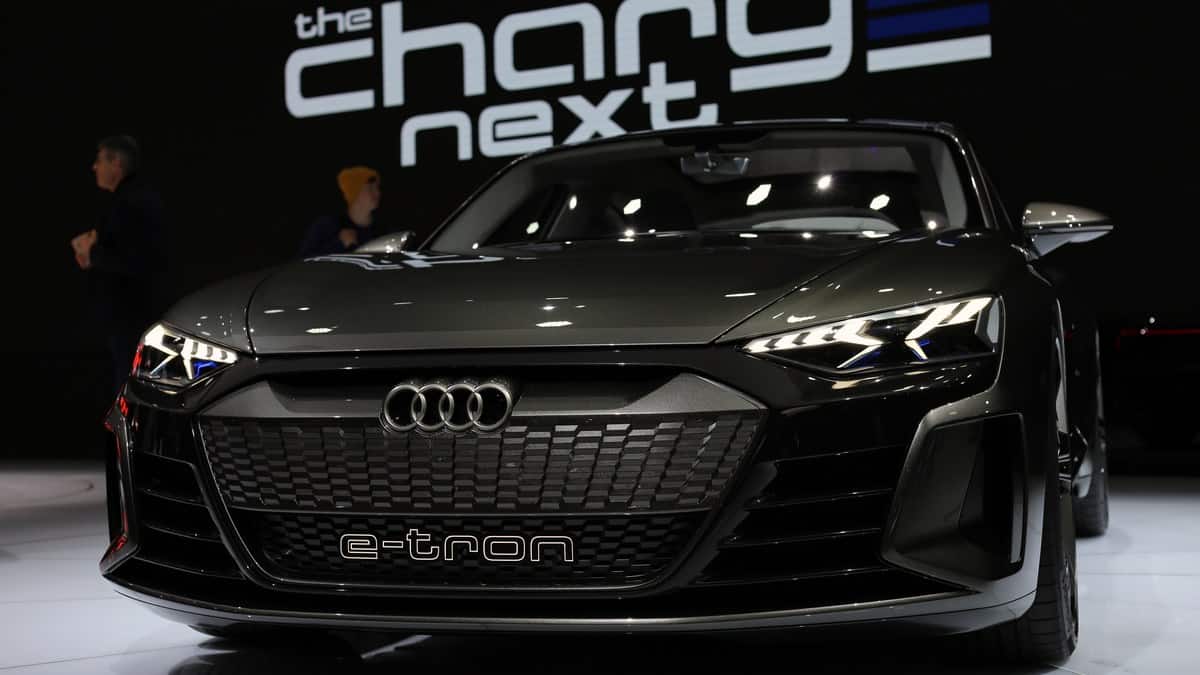A plan by the European Union to impose more environmental regulations on new cars has drawn criticism from some of the biggest automakers in the world.
The “Euro 7” proposed laws, announced in November 2022, are intended to reduce the amount of particulate matter coming from tires and brakes and the tailpipe emissions of both gasoline and diesel vehicles.
According to Drive, by the middle of 2025, all new cars must abide by the new regulations, and in 2027, vans, trucks, and buses must also.
Over 300,000 jobs are affected
The automotive industry has come out against the plans during the consultative process, with many vital players alerting that if the laws are passed, up to 300,000 jobs could be lost.
In its current form, the (European Union’s) Euro 7 proposal contains completely unrealistic time targets,
it was not feasible in terms of deadlines for the manufacturers
Volkswagen spokesman stated on Euro 7 goals
BMW echoed the sentiments, telling Automobilwoche that “Euro 6 and, in particular, Euro 6d are effective and already cover 95 percent of all statistically relevant driving situations,” resulting in improved air quality.
However, the (European Union’s) draft focuses precisely on such special cases – instead of reducing the limits for everyday traffic more strongly, as proposed by the (European Automobile Manufacturers Association)
BMW stated on Euro 6 effectivity
Complying with Euro 7 would bring cost increases that could deter customers from buying these new cars
Luca De Meo, CEO of Renault stated on Euro 7 and issued a warning
According to Mr. De Meo, the cost of compliance would result in cars costing €2000 ($AU3120) more for the customer, reducing new-car sales by 7% to 10%.
This could extend the life span of the fleet: meaning older cars, with higher emissions, staying longer on the roads
Luca De Meo, CEO of Renault stated on Euro 7’s effect

